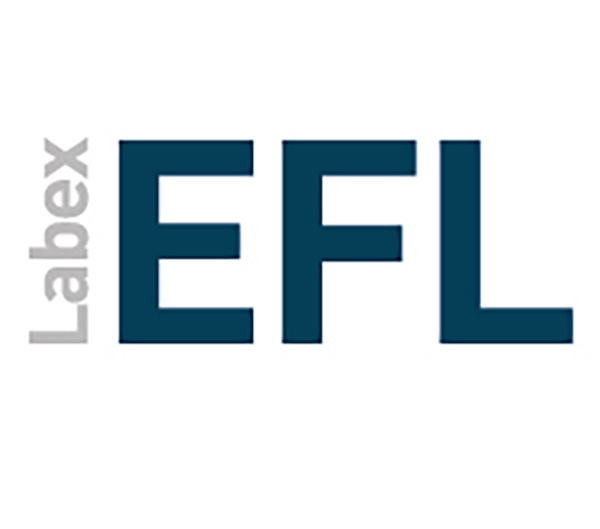PhD grant in experimental grammar
The LabEx-EFL (Laboratory of Excellence Empirical Foundations in Linguistics) is offering a 3 year PhD grant in “Experimental grammar from a crosslinguistic perspective”, full time, about net 1700 euros/month, starting November 2023 at the University of Paris (Ecole doctorale Sciences du langage). The candidate must have a Master degree by October 2023, with a specialization in linguistics, computational linguistics or psycholinguistics.
Funds will be available for travelling expenses, equipment and experiments. He or she will be part of the Doctoral School Sciences du Langage, and of Paris Graduate school of Linguistics, and will attend doctoral seminars and may be able to teach courses in the Department of Linguistics.
Application
The application should be sent by October 1st 2023 (midnight MET) to Anne Abeillé and tavnik@gmail.com
It should comprise:
- a CV with transcripts (Master) and diplomas
- a research project (5 pages) with explicit mention of the chosen workpackage inside strand 2 of the Labex (https://en.labex-efl.fr/recherche),
- a reference letter by the Master thesis adviser,
- a reference letter by the future PhD adviser (who must be a member of strand 2).
The candidates selected for interviews will send their Master thesis or other written work supporting their qualification for the project. They will be interviewed (remotely) early November 2023.
The 5 page PhD project should include:
- a title ;
- the main research questions
- a brief state of the art relevant for your study
- some indications about methodology, data and/or corpora to be used
- bibliographic References (not included in the 5 pages).
You may add an appendix if necessary




